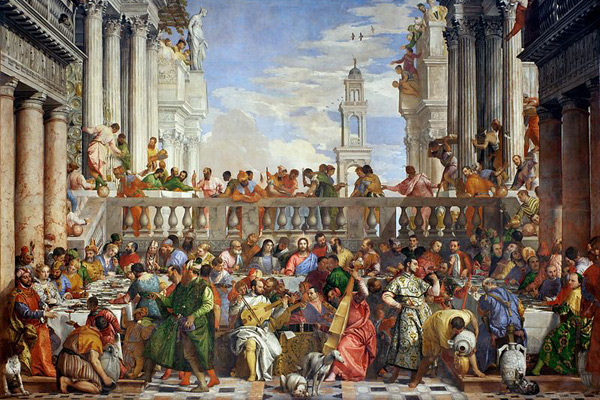You have 3 free guides left 😟
Unlock your guides1.1 Context of the Renaissance
3 min read•june 18, 2024
Isabela Padilha Vilela
Christine Lin
Isabela Padilha Vilela
Christine Lin
The Renaissance
In the late 1400s, the beginning of revolutionized Europe and brought Europe out of the . Rather than suffering socially and economically from a widespread plague, the Renaissance was a period known for its advancements in art, architecture and early secular studies, as well as religious discourse, leading to events such as the and the .
The Renaissance was a period of time where people began rediscovering and art from and Rome that changed and arose new values socially, politically, and religiously in Europe.
This period also promoted European exploration overseas and the establishment of driven by commercial and religious motives.
During this time, many Europeans adjusted their lives away from agriculture and oriented around manors due to the societal and economic structure changes. These changes occurred because of commercial and .
What led to the beginning of the Renaissance?
During the Middle Ages, many of the texts and writings of the ancient scholars got lost. The Renaissance emerged through the rediscovery of ancient Greece and Rome observations. Whereas the Middle Ages were marked by ideas of darkness and fear of life (and the post-life), the emergence of the idea of ancient scholars brought upon ideas of light and enjoyment of life. This completely shifted the perspective on culture and scholarships of the people in the time period. The higher availability to texts written by , and in modern language was what led to this cultural and political revolution.
European Society at the time 👸
It is important to understand that the Renaissance brought upon significant structural changes, but some aspects of were still present. Here are some differences and similarities of this period:
- New social patterns emerged. Now certain individuals, scholars and artists, occupied a different place in society
- Traditions of hierarchy and status continued, as social class and wealth were still very important to European society in that period
- Europeans also continued to derive their livelihood from agriculture, and organized their lives based on seasons, the village or the manor. The mean of subsistence of the ordinary European person was not that much affected
- Agricultural society began to change, and the idea of power in the feudal society was practically dismantled
What led to the beginning of explorations?
The idea of "another world" was daunting but fascinating to Europeans at the time. The religious context of the time was a great motivator, as it served as a sign that Europeans had to go abroad and "conquer the world" and spread their culture and religion. Another crucial factor was economic 💰 as the search for gold and spices could lead to great economic growth in a nation.
Words to Know
| Renaissance | ||||
🎥 Watch - AP European History Streams

© 2024 Fiveable Inc. All rights reserved.
AP® and SAT® are trademarks registered by the College Board, which is not affiliated with, and does not endorse this website.
